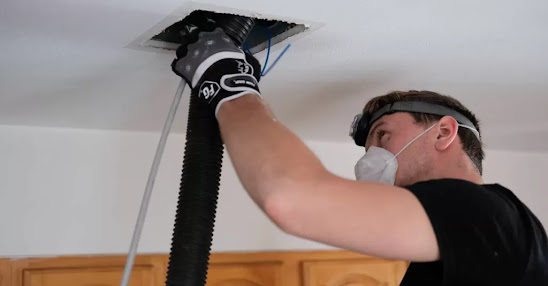The Ultimate Guide to Planning a Kitchen Renovation on a Budget
Renovating your kitchen doesn’t have to break the bank. With careful planning and smart choices, you can achieve a stylish and functional space without overspending. Whether you're updating cabinets, improving storage, or enhancing the overall design, this guide will help you make the most of your budget.
Set a Realistic Budget
Before you start, determine how much you’re willing to spend. Consider the cost of materials, labor, and unexpected expenses. Prioritize key elements such as cabinetry, countertops, and appliances. If you're hiring professionals, get multiple quotes to ensure you’re getting the best deal.
Plan Your Layout Efficiently
A well-planned kitchen layout can save money by reducing the need for extensive plumbing or electrical work. Instead of moving sinks or stoves, keep them in their existing locations to cut down on installation costs. If your kitchen requires structural changes, consult carpentry services to ensure a seamless and cost-effective renovation.
Choose Cost-Effective Materials
Opt for materials that offer durability without exceeding your budget. Consider laminate countertops, stock cabinets, and vinyl flooring as affordable alternatives to high-end options. Refacing cabinets instead of replacing them can also give your kitchen a fresh look at a fraction of the cost.
Upgrade Smartly with Essential Features
Not every renovation needs high-end fixtures. Focus on functional upgrades like energy-efficient appliances, LED lighting, and improved storage solutions. If your home’s water supply needs maintenance, scheduling water tank cleaning as part of your kitchen renovation can ensure a healthier and more efficient system.
DIY vs. Professional Help
While DIY projects can save money, certain tasks require professional expertise. Painting walls, assembling furniture, or installing simple fixtures can be done on your own, but tasks like plumbing, electrical work, and cabinetry should be left to experts. Hiring carpentry services can help you avoid costly mistakes and ensure quality craftsmanship.
Shop Smart for Appliances and Fixtures
Look for discounts, clearance sales, and second-hand options when purchasing appliances and fixtures. Many retailers offer seasonal promotions, so plan your purchases accordingly. Buying energy-efficient appliances can also save money in the long run by reducing utility bills.
Reuse and Repurpose
Repurposing existing materials is a great way to cut costs. Repainting cabinets, updating hardware, and refinishing old furniture can give your kitchen a fresh look without a hefty price tag. Additionally, consider using reclaimed wood or second-hand items for added character and affordability.
Final Touches and Maintenance
Once your renovation is complete, regular maintenance will keep your kitchen in top shape. Keep your appliances clean, inspect plumbing for leaks, and schedule routine water tank cleaning to ensure a safe and efficient water supply. These simple steps will help extend the lifespan of your kitchen features and maintain their functionality.
Conclusion
Renovating a kitchen on a budget requires thoughtful planning, smart spending, and a balance between DIY efforts and professional assistance. Prioritizing essential upgrades, making cost-effective choices, and utilizing carpentry services where needed can help you create a stylish and practical kitchen without overspending. Don't forget routine water tank cleaning to keep your home in excellent condition. By following these tips, you can achieve a beautiful and functional kitchen that meets your needs while staying within your budget.




Comments
Post a Comment